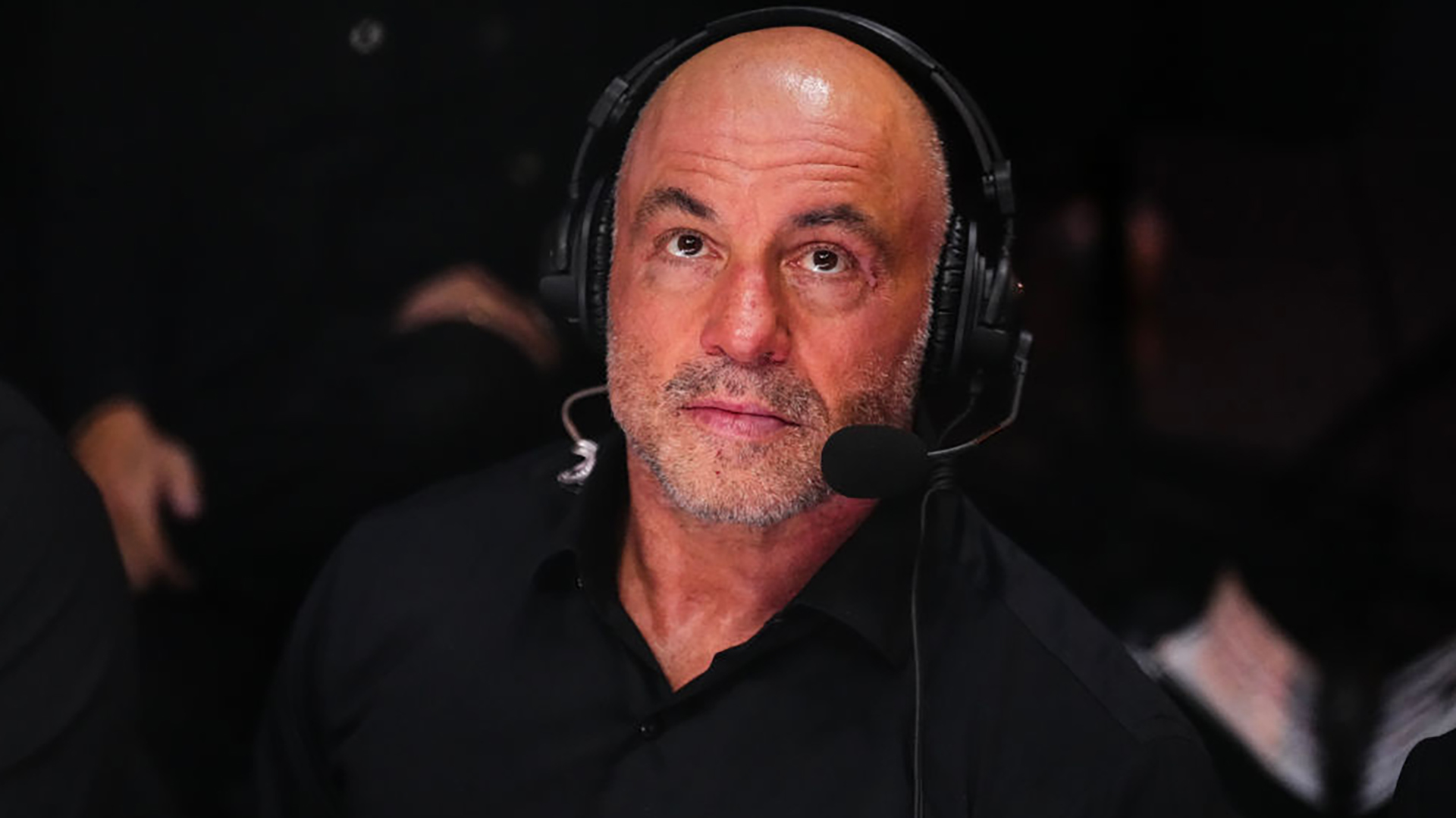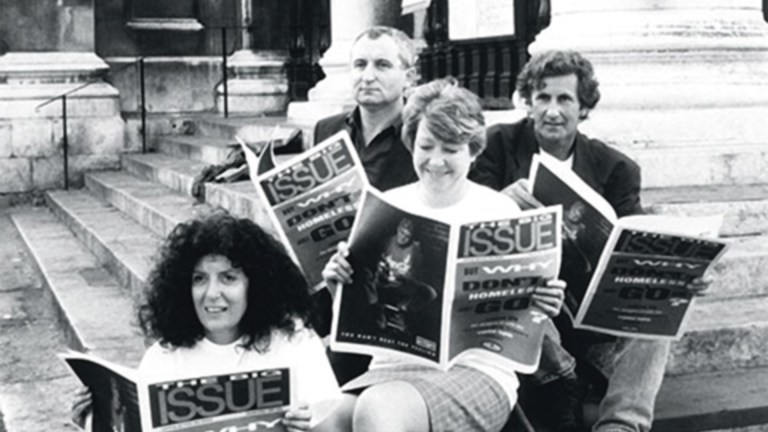The recent US presidential election was the first to be decided by content creators. While Kamala Harris enjoyed the public support of Beyoncé and Taylor Swift, Trump had something that turned out to be a great deal more powerful: the endorsement of Joe Rogan, Logan Paul, Theo Voss, Adin Ross and someone who calls himself ‘The Undertaker’. You might not have heard of all of these people, but they command audiences of millions via their YouTube channels and podcasts.
Unlike mainstream stars of legacy media, their audiences are made up of acolytes who engage with them not as mere entertainers but as gurus. These men sell a worldview to their largely male audience. That worldview is a broadly conservative one, laced with provocative ‘humour’ and righteous anger. This is content aimed at angry young men: the socially isolated and self-pitying spoilt brats of America who just wish women would stop making them feel bad about themselves and don’t understand why guys aren’t allowed to be arseholes any more.
Get the latest news and insight into how the Big Issue magazine is made by signing up for the Inside Big Issue newsletter
Rogan and the rest of them discovered the size and commitment of this demographic ages ago and have been making millions of dollars out of them ever since. Now Trump has used them to carry him back to the White House. While Kamala was titting about on Saturday Night Live preaching to the converted, Trump was mobilising whole new coalitions via appearances on bro-centric outlets.
People we recognise off telly are not relevant opinion-formers. Taylor Swift and Beyoncé sing songs that people love, but are not inside their fans’ heads on other matters. The same goes for sports and movie stars. Meanwhile, the new brotherhood of content creators are more like preachers: they embed themselves into audiences’ hearts and minds, engaging them deeply on myriad subjects.
Not all speak about politics but they shape values, ideas and social attitudes that correlate with right-leaning politicians’ values. Sure, the ideas they’re selling tend to be populist, sometimes juvenile and often simplistic. But that is why they attract such huge followings. There are left-wing content creators out there but their worldview tends to be more challenging and they seem less able to make the angry and disenfranchised feel better about themselves.











